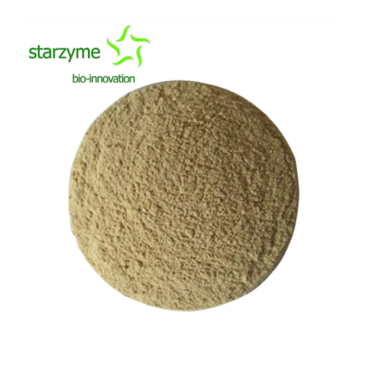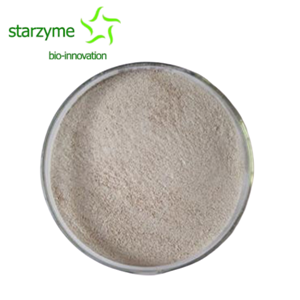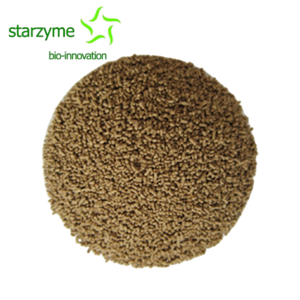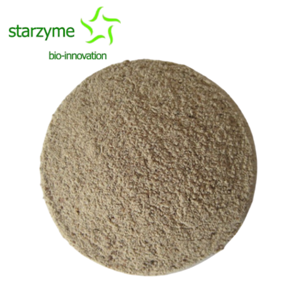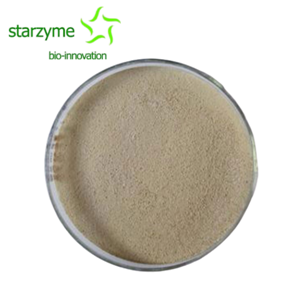Application and Functions of Bacillus amyloliquefaciens in Pig Farming: (The Specifics))
Bacillus amyloliquefaciens has the characteristics of strong stress resistance, broad-spectrum antibacterial activity, and abundant metabolites. As a probiotic added to feed, it can create a healthy intestinal environment, promote feed conversion efficiency, and improve pig production by inhibiting pathogen adhesion, biological oxygen deprivation, antagonizing pathogens, and secreting various digestive enzymes.
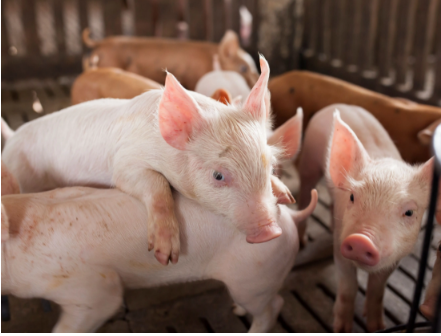
It is found to be able to alleviate the pro-inflammatory response induced by enterotoxigenic Escherichia coli K88 by affecting the mitogen activated protein kinase signaling pathway in piglet intestinal epithelial cells, improve the physical and immune barrier function of piglet intestinal mucosa, and suggest that adding Bacillus amyloliquefaciens to feed can alleviate piglet diarrhea and promote piglet growth.
Adding Bacillus amyloliquefaciens to the feed of fattening pigs can significantly increase the height of small intestinal villi, enhance the dominant position of Firmicutes in the intestine, effectively inhibit the infection of some Gram negative pathogenic bacteria, promote intestinal microbiota balance, improve intestinal microbial barrier function, and promote intestinal health in fattening pigs. By adding 1.0 × 107 CFU/g of Bacillus amyloliquefaciens to the feed of pregnant sows, the intestinal microbiota environment of the sows can be greatly improved.
The improvement of sow microbiota can affect the intestinal microbiota of piglets and promote the establishment of intestinal microbiota balance in newborn piglets, thereby improving their growth performance. Bacillus amyloliquefaciens screened from pig intestinal contents, have been shown to produce extracellular neutral serine protease. This protease has good hydrolytic ability for corn protein, soy protein, and fish meal protein, especially for weaned piglets with insufficient endogenous protease secretion. Supplementing with protease can improve feed conversion rate and reduce the occurrence of nutritional diarrhea.
Summary
Bacillus species have the characteristics of forming spores under harsh conditions, colonizing the pig intestine, forming bacterial membranes, and secreting antibacterial metabolites. They can be used as probiotic additives in the pig industry. Bacillus amyloliquefaciens has many similarities with other Bacillus species, and with the development of molecular biology, it has been confirmed that understanding Bacillus amyloliquefaciens also has the potential to be developed as a probiotic additive. In recent years, scholars have found that adding it feed to the feed of weaned piglets and fattening pigs can improve their intestinal immune function and increase feed conversion rate.
This type of research suggests that understanding the development value of Bacillus amyloliquefaciens as probiotics in the pig industry has certain significance for improving the intestinal health of pigs. At present, there is not much research on the application in pig farming production both domestically and internationally. The stability, safety, and effectiveness of Bacillus amyloliquefaciens strains from different sources are still unclear. Further research is needed on the secondary metabolite metabolism and host interaction mechanisms in the pig gut microbiota, as well as its promotion of pig growth.

